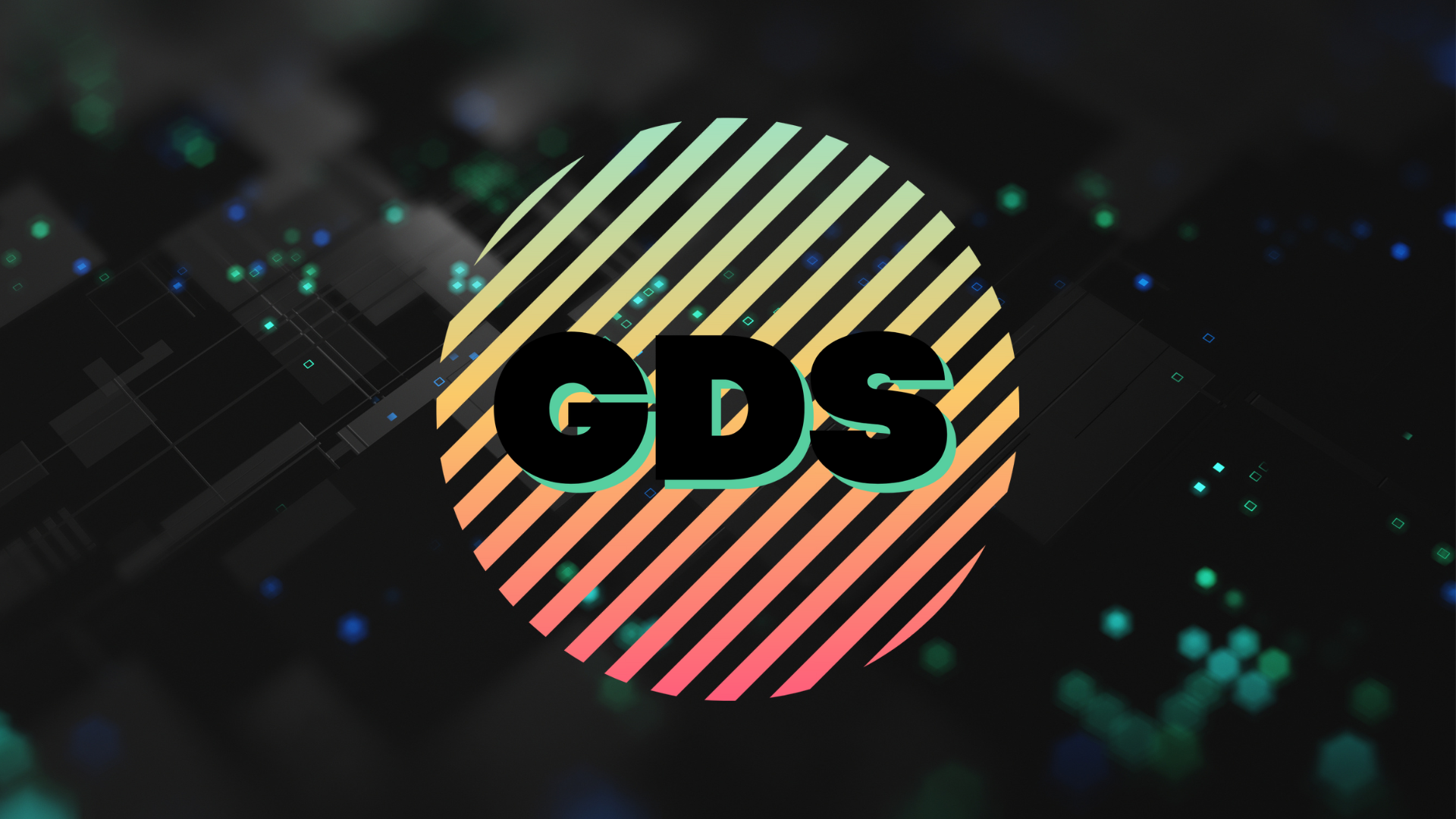Open source libraries are a vital component in the game development process, and, depending on the nature of the game, can provide a crucial component. Whether you’re building a game for the web, mobile devices, or consoles, you can benefit from creating, or leveraging, open source libraries.
Open source libraries are code libraries that are freely available to use, modify, and distribute. Because they are open source, anyone can take a copy of the code and make modifications to it in order to meet their project’s needs. This means that developers don’t need to start from scratch when building a game, and can build on the foundation of another developer’s work.
Creating open source libraries is not only beneficial to the developer who creates it, but also to the larger game development community. By allowing others to use the code, developers can save time and energy while allowing others to learn from and build on their work. This is beneficial for everyone involved, and drives innovation in the game development community.
However, creating and maintaining open source libraries is not a trivial task. Developers need to be diligent in writing and maintaining efficient and reliable code, and they must also handle questions and contributions from the community. Documentation is also key, as it helps to ensure that developers can quickly and easily understand how to use the library.
If developers choose to create or contribute to open source libraries, they can benefit from the advantages of having an organized collective of like-minded contributors who are all working towards making game development easier, while also highlighting their own skills.
Overall, open source libraries provide an essential part of the game development process, and create benefits for developers and the community alike. It may take some additional effort to create and maintain, but it can be worth it for experienced developers who are looking to save time and make contributions to the larger game development community.
